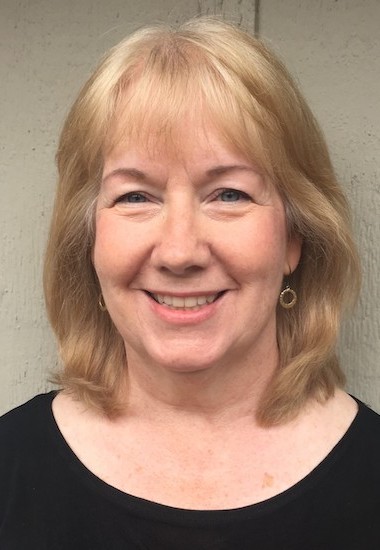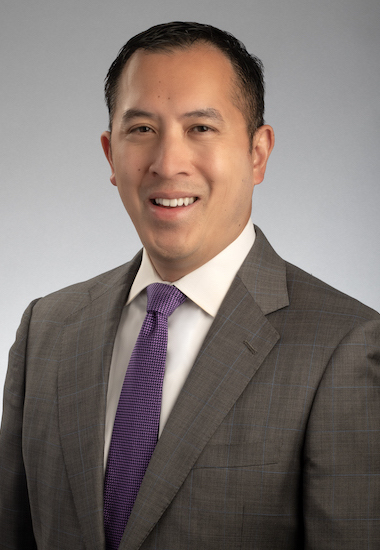Oregon passes dental licensure reform that removes stigmatizing mental health questions
Vote follows advocacy by Oregon Dental Association, coalition members




After nearly 18 months of advocacy efforts, dental licensure applications in Oregon will no longer include stigmatizing questions related to mental health.
On Dec. 13, 2024, the Oregon Board of Dentistry voted to remove “have you ever” questions related to receiving counseling, therapy or treatment for mental health issues, including substance misuse, from initial and renewal licensure applications. These changes align with updated language already used by the Oregon Medical Board for physicians.
“Historically, the language used in licensure applications stigmatized mental health and substance use issues. Not only were these questions potentially illegal, but they also created barriers for dentists seeking treatment,” said Julie Spaniel, D.D.S., Oregon Dental Association trustee, ADA wellness ambassador and member of the ADA Dental Team Wellness Advisory Committee. “Under the previous system, licensees who sought help for mental health conditions or substance use disorders were required to disclose their diagnosis to the board indefinitely. This requirement deterred many from seeking treatment, prompting some to seek help confidentially to avoid professional stigma.”
The Oregon Dental Association led the advocacy efforts for licensure reform in collaboration with the Oregon Dental Hygienists’ Association, Permanente Dental Associates, Willamette Dental Group, Gentle Dental, Delta Dental of Oregon and Capitol Dental.
"The Oregon Dental Hygienists' Association was proud to partner with the Oregon Dental Association and other stakeholder groups to advocate for the use of less stigmatizing language on applications for initial licensure and license renewal for dentists and dental hygienists in Oregon,” said Lisa Rowley, advocacy and membership director for the Oregon Dental Hygienists' Association. “The ODHA believes that this is a significant step in supporting licensees and encouraging them to seek care when needed.”
The efforts began in August 2023 when the Oregon Dental Association and the Oregon Dental Hygienists’ Association sent a letter to the Oregon Board of Dentistry expressing their concerns about “have you ever” questions on the state’s dental licensure applications. Dr. Spaniel and Oregon Dental Association Executive Director Barry Taylor, D.M.D., then brought the issue before the board in person to request that the questions be changed to align with language used by the Oregon Medical Board.
The Oregon Board of Dentistry initially hesitated to make the changes, Dr. Spaniel said, and the matter was referred in spring 2024 to a committee for further review. Significant progress was achieved by fall 2024 with the formation of the coalition facilitated by Brett Hamilton, director of government and regulatory affairs for the Oregon Dental Association. The coalition — which represented a majority of the state’s dentists — submitted a letter to the board strongly supporting licensure reform. Around the same time, dentists serving on the board spoke in favor of the changes, which they then passed in December.
To help educate board members, the Oregon Dental Association had provided studies, supportive articles on the Americans with Disabilities Act and a letter from ADA President Brett Kessler, D.D.S. The ADA House of Delegates passed a resolution in 2023 to assist states in developing and advocating for legislation or regulations that prevent licensure discrimination against dentists who have ever received mental health-related treatment.
“The Oregon Board of Dentistry’s decision to remove invasive mental health and substance use questions from licensure applications is a significant step forward in fostering a supportive and compassionate environment for dental professionals,” said Cyrus Lee, D.M.D., CEO and executive dental director of Permanente Dental Associates. “We believe that clinician wellness is directly linked to quality of care and patient experience. By reducing stigma and creating space for practitioners to seek help when needed, this reform ultimately benefits both our colleagues and the patients we serve. We are proud to have advocated for this change and applaud the board for prioritizing the well-being of Oregon’s dental practitioners and the communities they care for.”
The new licensure application language states that the Oregon Board of Dentistry recognizes licensees may encounter mental health conditions and substance use disorders and lists options they can pursue, such as seeking medical care, self-limiting their practice or self-referring to the Oregon Health Professionals’ Services Program. It states that if licensees fail to adequately address a health condition that makes them unable to practice dentistry with reasonable skill and safety to patients, the board may take action against their license.
The initial and renewal applications also include a question that asks if applicants are currently engaged in the excessive or habitual use of alcohol or drugs or are dependent on the use of alcohol or drugs that impair their ability to practice safely and competently. Dentists who are enrolled in the Oregon Health Professionals’ Services Program may answer no. The changes are expected to take effect by February.
“The new licensure questions have significantly changed the landscape. Dentists struggling with mental health or substance use challenges can now seek treatment without fear of stigma or lasting repercussions,” Dr. Spaniel said. “This reform marks a significant step forward in reducing stigma and fostering a culture where seeking help is both encouraged and supported. The ODA remains committed to ensuring its members have access to the resources they need to thrive professionally and personally.”



